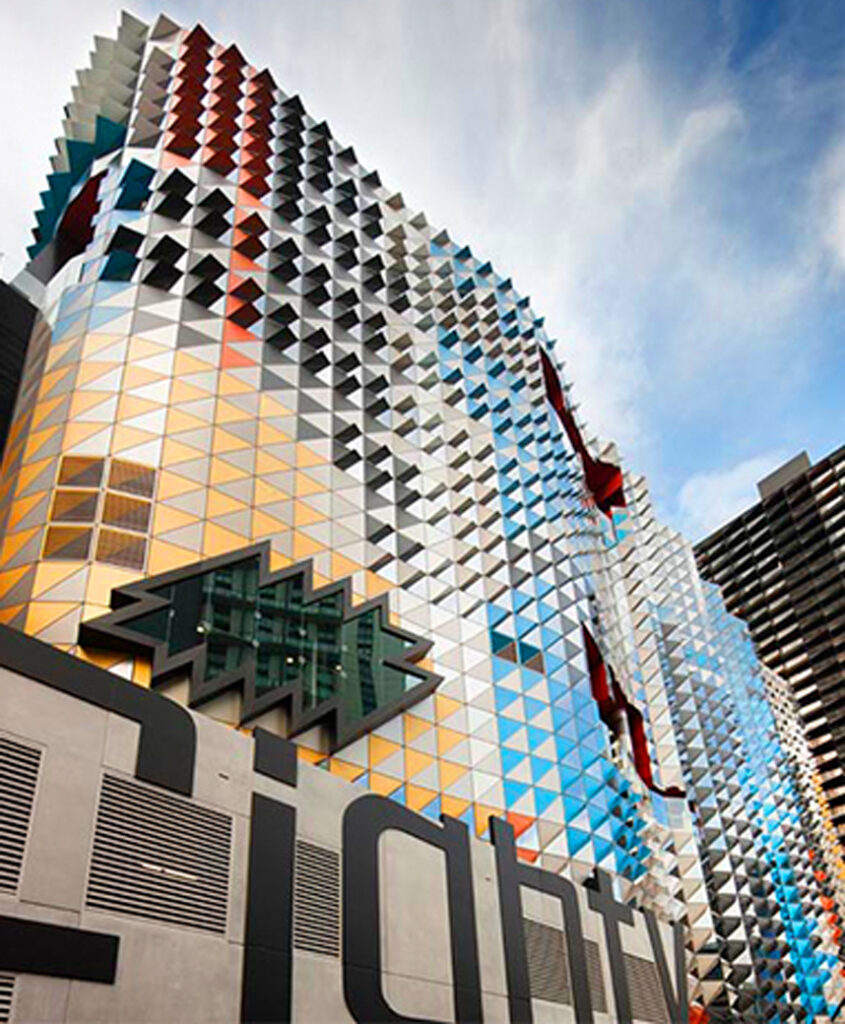
“I think our story has resonance with lots of other people, probably like myself, who find themselves in positions of leadership in today’s world and maybe don’t have the background in technology particularly. That’s one thing I will say, and I think this is sometimes controversial, but I often get nods when I say it. Technology is not the main event.”
—Saima Satti, Head of Global Exams Business Improvement, British Council
Industry:
Education, English language, and Cultural Sectors
Quick Facts:
- Founded in 1934, the British Council has focused on building connections for 90 years.
- It is a UK charity governed by Royal Charter and a UK public body. Most income comes from partnership agreements, contracts, philanthropy, teaching and exams, and they also receive grant-in-aid funding from the UK government.
- The Council is currently present in 100+ countries.
- As part of their growth and development, the British Council’s Global Exams Business Improvement team created a Lean-Agile Center of Excellence and embedded a SAFe think tank.
- Most of the team’s leadership is SAFe certified.
Outcomes & Lessons Learned:
- It’s not all about technology. The adoption of SAFe enabled the development and delivery of over 150 initiatives including a balanced proportion of both Technology and non-tech improvements that deliver value across the world.
- SAFe enabled the delivery of value more efficiently and more broadly across the globe.
- The adoption of LPM and work on multiple portfolios with an overarching Portfolio of Portfolios was game changing for the teams, stakeholders and ultimately the realisation of value. Even though we realised we were already working at portfolio level when we started our SAFe journey we adapted and embedded accordingly ensuring SAFe worked for us .. and it did! Key lesson there is to try and find a way through and not get overly worried that your context is already more complex.
- With SAFe, they were able to shift their focus to “people, passions, and pivots” and accelerate the flow of value.
- Critical to success was culture and it was important to foster a culture of safety through communication events, peer support, and sharing vision and strategy across every level.
- Involve everyone, from the most junior person to leadership. Respect your people and culture.
- Work toward alignment, transparency, and continuous improvement.
- If you take care of your employees, they will take care of the business and they will take care of the customer.
Overview
The British Council is an organization that works for a more peaceful and prosperous world by building connections and trust between people in the UK and countries worldwide. Working with people in over 200 countries and territories and with presence on the ground in more than 100 countries.
Uniquely combining the UK’s deep expertise in arts and culture, education and the English language, global presence and relationships in over 100 countries with unparalleled access to young people, creatives and educators, and their own creative sparkle, the British council will reach 650 million people this year alone.
One of the focus areas of the organization is administering examinations, helping people gain access to trusted qualifications to support their career and study prospects. About 5 million exams are administered at more than 850 locations worldwide.
The British Council’s Global Exams Business improvement team, dispersed across 23 countries, implemented SAFe to help break down silos and to reduce wasted time in handovers between tech teams, systems teams, process, and implementation. They also wanted to align their culture around a shared strategy and vision and were able to do so with SAFe.
Share:
Back to: All Case Studies
Suggested Case Study: Royal Philips

